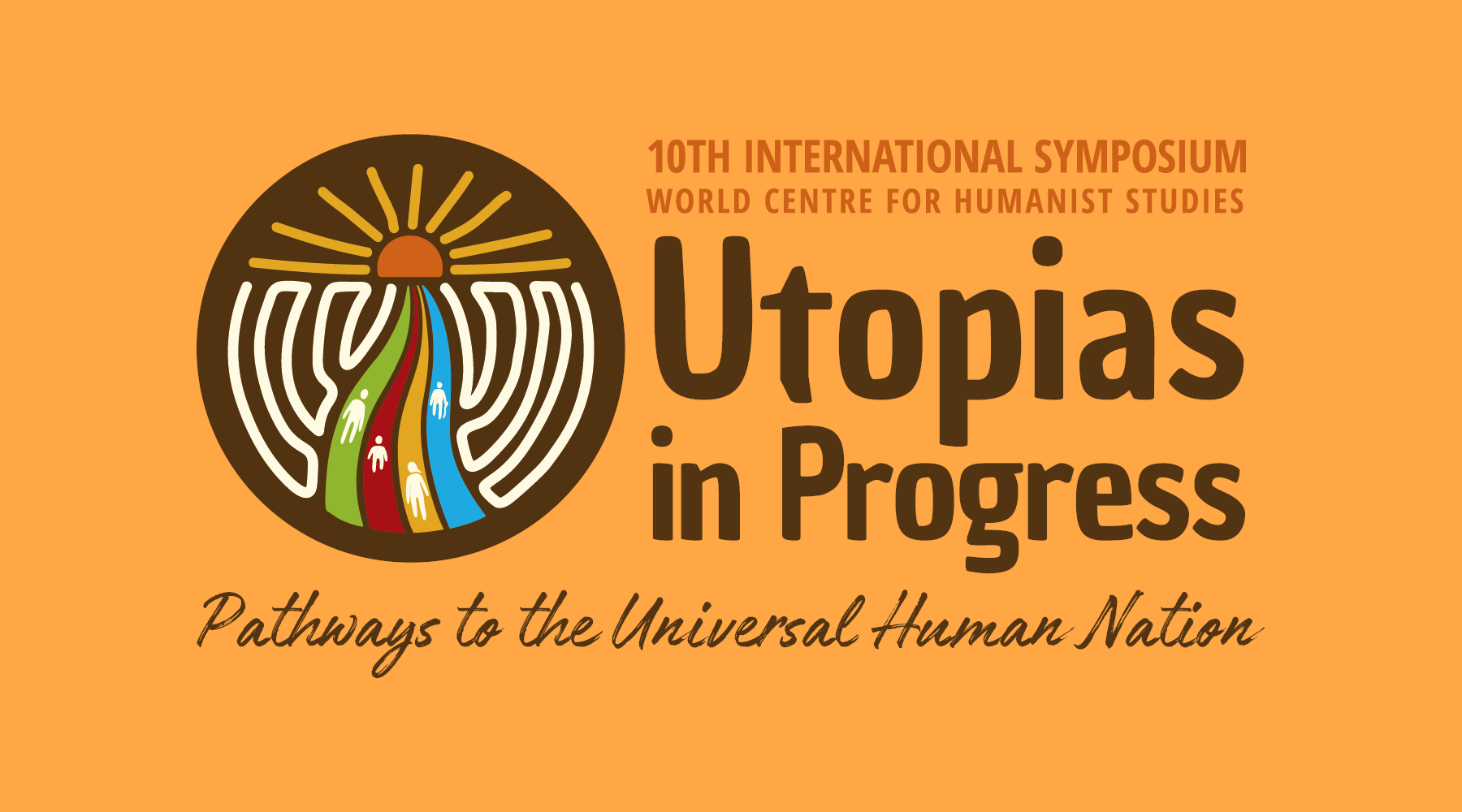We start by stating that health is a fundamental human right and access to comprehensive, quality, and timely care must be guaranteed to all people, without any discrimination, according to need and respecting the beliefs and choices of each person.
This care can be provided from different perspectives, concepts, and interventions, freely chosen by people, requiring these therapies to show effectiveness and not cause more harm than they intend to repair.
In addition to conventional medicine, there are other modalities such as traditional medicines and alternative and complementary therapies, which have shown their therapeutic value over time and are increasingly spreading due to the growing advance of communication media.
The population requires the health systems to effectively cover their needs and expectations, which implies a permanent adjustment in the responses given both in the population covered and the type of services offered.
In that sense, the conventional medicine's specialty-based care approach has deepened knowledge of the diseases affecting communities, but it has also multiplied the need for resources, making care only accessible to a few who can afford it.
At the same time, care is currently debated between being just another market commodity or a social policy that guarantees Universal Coverage in Equity.
If we look at current trends, we can see that the world population tends to grow exponentially. It is estimated that the world population was 2500 million people in the mid-last century and now exceeds 8000. Life expectancy has also changed, which was around 40 years at the beginning of the last century, with more and more countries tending to surpass 80 years. There has been a change in the epidemiological profile where traditionally acute and infectious diseases predominated and now we see a profile where chronic degenerative diseases are prevalent.
This leads us to ask how to give effective responses to the demands of growing and changing health care.
In the case of conventional medicine, specialty-based care has been developed, which allows for a deeper understanding of diagnoses and treatments, but it also fragments people who must be cared for by multiple professionals.
At the same time, technology and apparatus, along with the pharmaceutical industry, have made health an increasingly important and expensive market.
On the other hand, social conflicts are expressed with increasing violence and social relationships tend to isolation, deteriorating mental health.
In addition, we must consider that the degradation of the environment due to uncontrolled exploitation promises new health problems due to climate change and environmental pollution.
If these trends continue, we are headed for a situation where healthcare will be for the few who can afford it, leaving the majority of people without adequate care and in an increasingly adverse natural and social environment.
So. What proposals can respond to this approaching future? How to integrate the entire population into effective health care, comprehensively considering physical, psychological and spiritual aspects, overcoming the current fragmentation?
That is what we want to discuss in this next symposium.
You can find the Call for papers in this link:http://2023.worldsymposium.org/en/call



